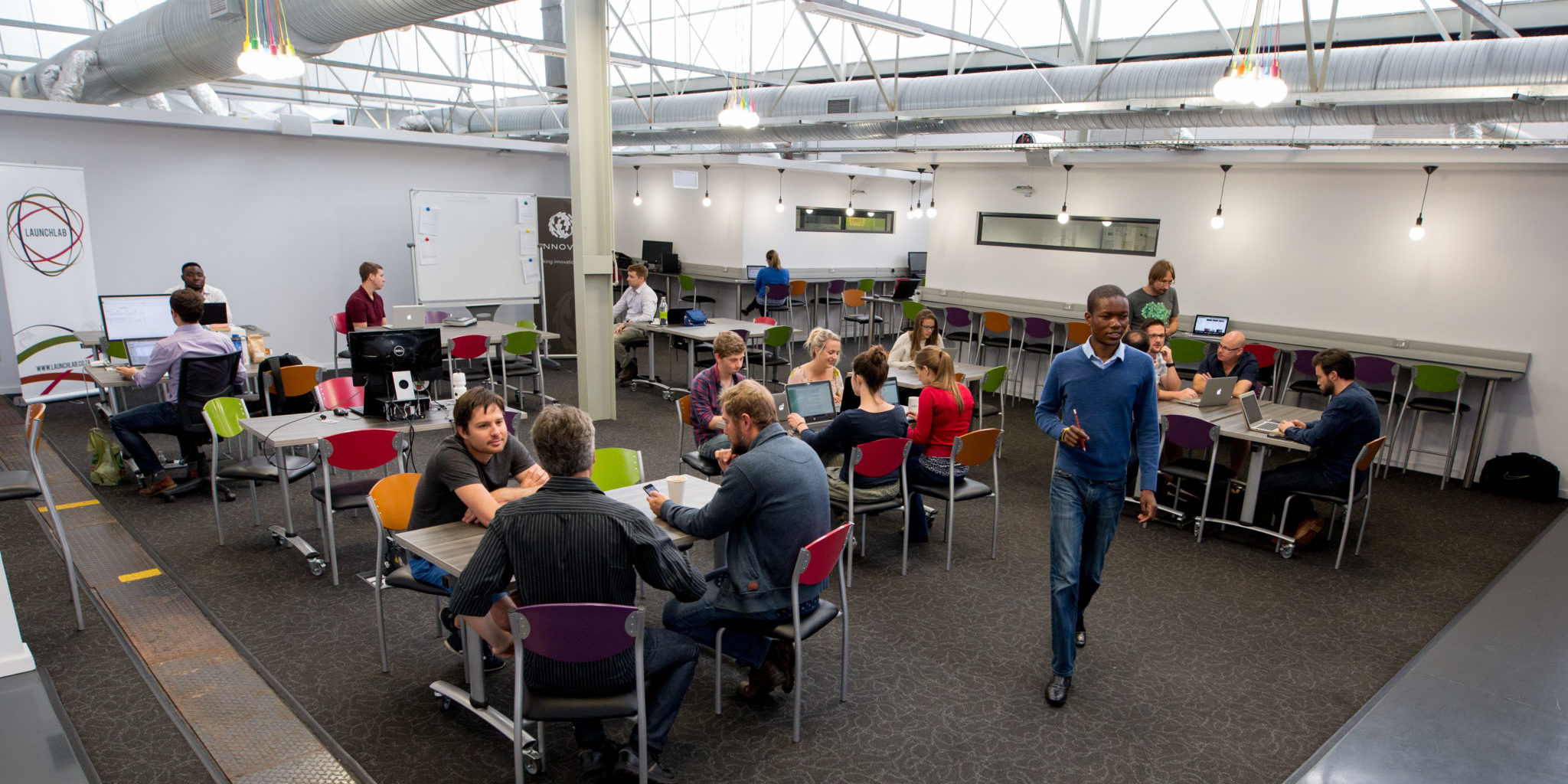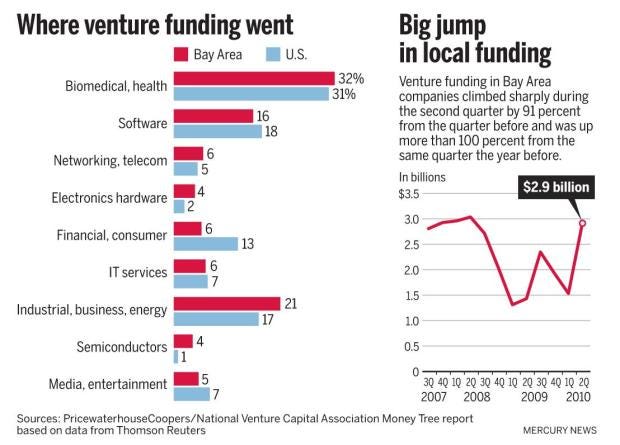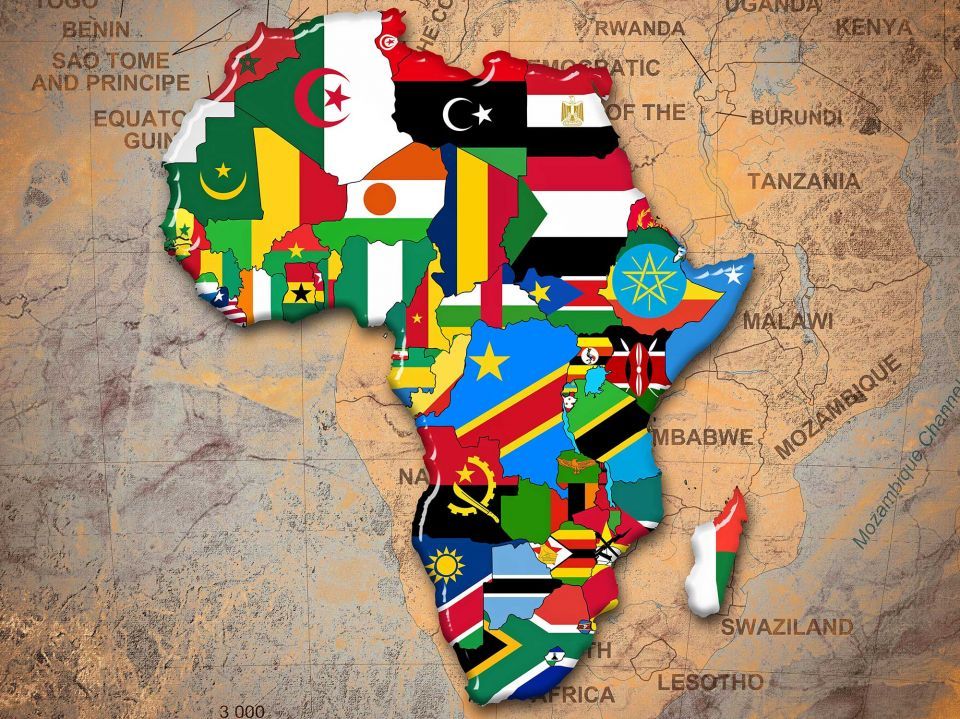Some African Countries Turn to Medical Marijuana to Earn Forex
As sources of foreign exchange and official development assistance (ODA’s) dry up, many African countries are becoming innovative in exploring other avenues of keeping afloat. And they are turning to medical marijuana as the global market for the crop is now estimated at $150bn and could reach $272bn in 2028 and one of such countries the Kingdom of Lesotho where cannabis is grown legally by the Lesotho-based company Medigrow and is regulated by the government of Lesotho.

A marijuana farm
Lesotho is one of Africa’s poorest countries ranking 159 out of 189 in the latest UN human development index. High unemployment has been rife while opportunities are scant and almost a quarter of the population is infected with HIV. This presents a very hopeless scenario thus the need to search for opportunities outside the traditional avenues of economic activities.
Government sources say that as at two years ago, the country took the step of exploring the business end of marijuana so as to tap into the booming medical marijuana industry, becoming the first country in Africa to allow the cultivation of cannabis for medicinal purposes. However, there was a stumbling block to Lesotho’s plan. This is because to meet legal standards, most traces of tetrahydrocannabinol (THC) — the main psychoactive constituent responsible for marijuana’s intoxicating effects — is removed from the seeds. The remaining medical version is primarily made of the non-psychoactive substance, cannabidiol (CBD), and can only be 0.03% THC, thus starting a journey towards turning Marijuana into a money minting machine for the Kingdom of Lesotho.
To meet expected international standards for export, the company, Medigrow invested $19.3m in cannabis-growing facilities around the capital, Maseru. A heliport is also being built to ensure the cannabis — commonly referred to as “green gold” — is shipped safely and swiftly. The investment is spurred by the industry’s positive outlook. Sources at the company say that at the moment they have almost 2,000kg of biomass and are going to produce more than 1,000 litres of CBD oil and from market outlook cannabis oil is sold at between $6,000 and $21,000 per litre. The legalisation of cannabis presented a huge opportunity for the country which enjoys 300 days of sunshine per year. Year-long sunshine and fertile soils make Lesotho ideal for cannabis plants. Known as “matekoane” in Sesotho, the country’s national language, it has been grown for centuries in rural areas.
There are about have about 10 businesses operating on the industry already and the government has raised the cost of the license to a level many small holder farmers complain is out of reach. The government charges €30,000 for a one-year renewable license to grow cannabis. But the cost is too steep for most locals, and the market is dominated by foreign companies, mainly from Canada and the US. Inspite of the revenues from Marijuana, the dark side is becoming equally worrisome to authorities. The UN office on drugs and crime estimates that 70% of marijuana consumed in South Africa is grown in Lesotho, making cannabis the country’s third source of revenue.
Kelechi Deca

Kelechi Deca has over two decades of media experience, he has traveled to over 77 countries reporting on multilateral development institutions, international business, trade, travels, culture, and diplomacy. He is also a petrol head with in-depth knowledge of automobiles and the auto industry.















